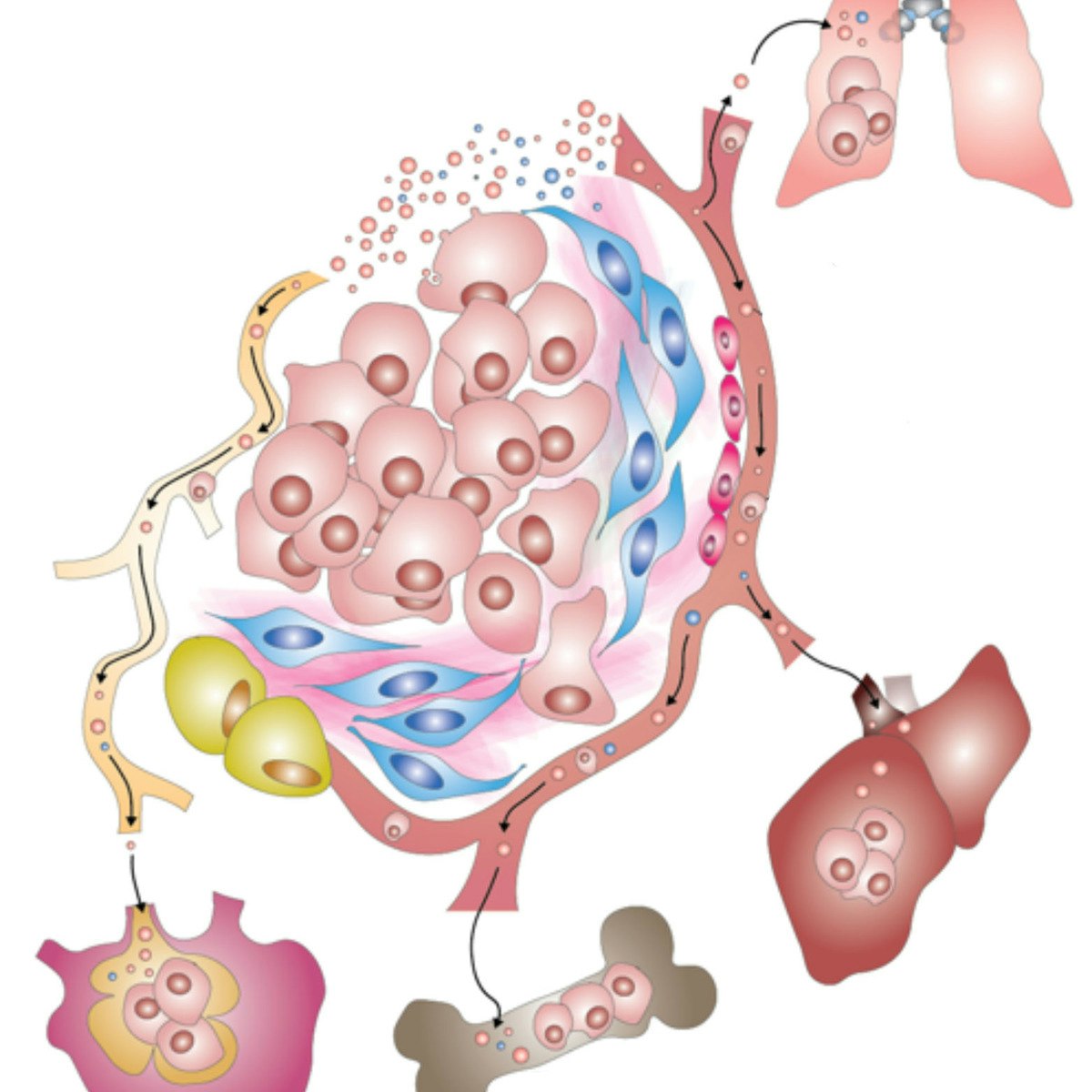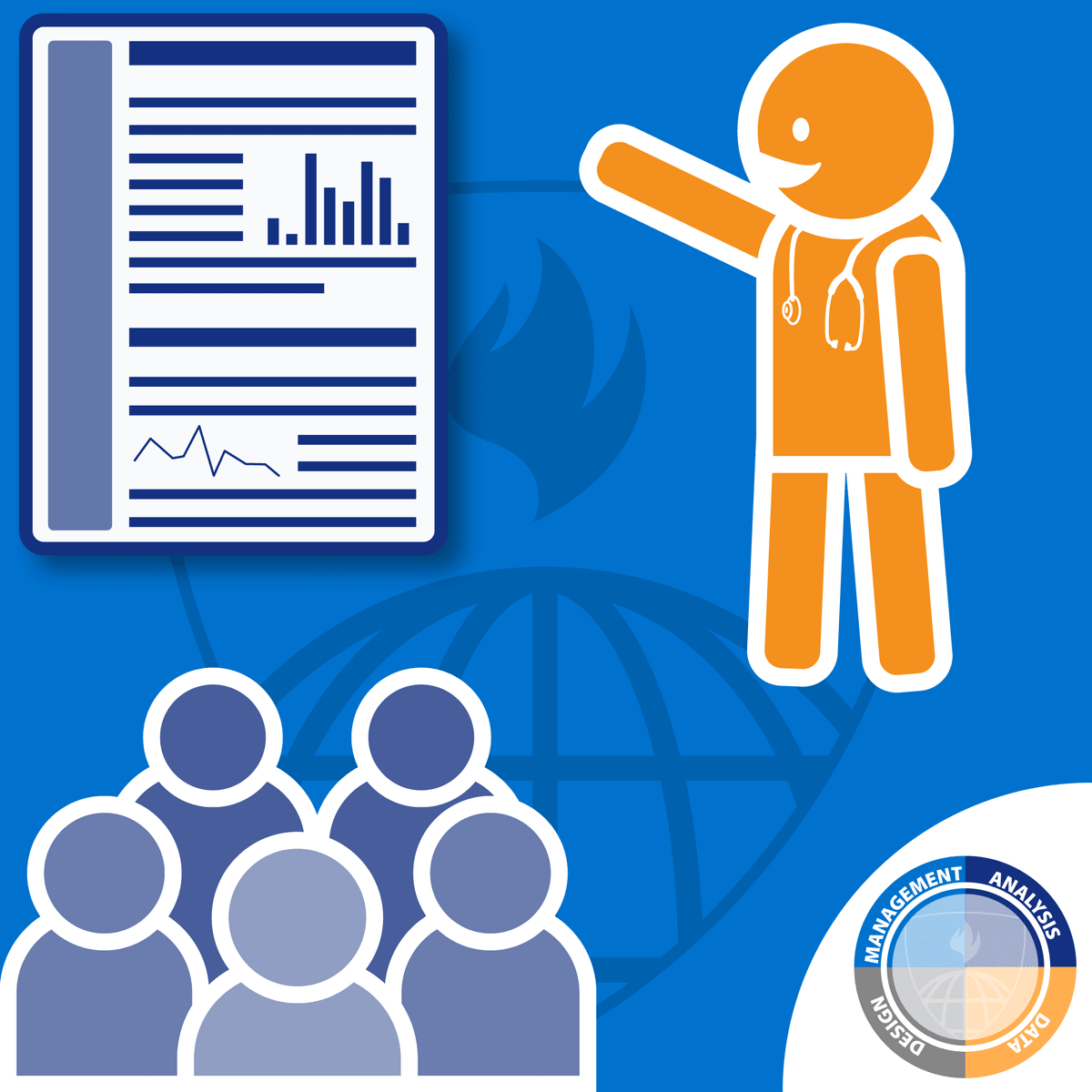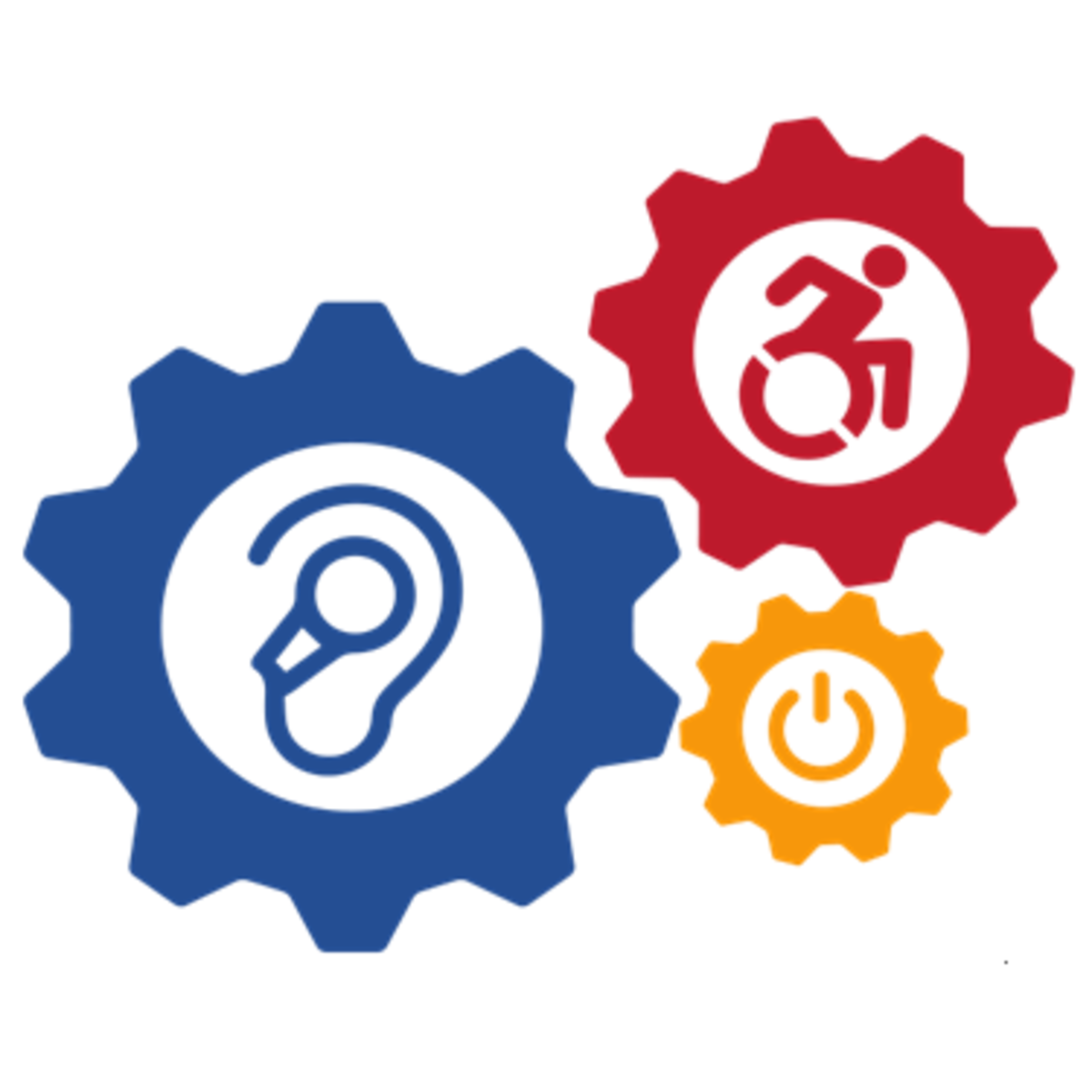Back to Courses









Research Courses - Page 2
Showing results 11-20 of 53

Drug Development
The University of California San Diego, Skaggs School of Pharmacy and Pharmaceutical Sciences Drug Development course brings you lectures from both faculty and industry experts. With this course, recorded on campus at UCSD, we seek to share our access to top people in the field who bring an unprecedented range of expertise on drug development.
In this course you will learn the different stages of clinical development as well as the regulatory including but not limited to, an Investigational New Drug Application (IND), New Drug Application (NDA), and product labeling. Additionally you will learn how to Incorporate study design methods for consideration in the design of clinical protocols to assess safety, tolerability, and efficacy in multiple therapeutic areas.
In this course you will learn the different phases of clinical development:
* Phase 1 or early stage clinical trial are conducted primarily to determine how the new drug works in humans, its safety profile and to predict its dosage range. It typically involves between 30 and 100 healthy volunteers.
* Phase 2 or Proof of Concept POC studies test for efficacy as well as safety and side effects in a group of between 30 to 200 hundred patients with the disease for which the new drug is being developed.
* Phase 3 or late stage clinical development involve much larger group of patients, between a few hundred to thousands, depending on the indication, which will help determine if the new drug can be considered both safe and effective. It will involve control groups using placebo and/or current treatment as a comparison.
* Product registration and approval process after a drug is considered safe and effective from Phase 3 trials, it must be authorized in each individual country before it can be marketed. All data generated about the small molecule or biologic is collected and submitted to the regulatory authorities in the US at the FDA, Food and Drug Administration FDA, in Europe the EMA or European Medicines Agency, Japan Ministry of Health and other countries which may require their own national approvals.
This course is intended as part 2 of a series: Drug Discovery (https://www.coursera.org/learn/drug-discovery), Drug Development and Drug Commercialization (https://www.coursera.org/learn/drug-commercialization). We would highly recommend that you take the courses in order since it will give you a better understanding on how a drug is discovered in the lab before being tested in clinical trials and then launched in the market place.

Doing Clinical Research: Biostatistics with the Wolfram Language
This course has a singular and clear aim, to empower you to do statistical tests, ready for incorporation into your dissertations, research papers, and presentations. The ability to summarize data, create plots and charts, and to do the tests that you commonly see in the literature is a powerful skill indeed. Not only will it further your career, but it will put you in the position to contribute to the advancement of humanity through scientific research.
We live in a wonderful age with great tools at our disposal, ready to achieve this goal. None are quite as easy to learn, yet as powerful to use, as the Wolfram Language. Knowledge is literally built into the language. With its well-structured and consistent approach to creating code, you will become an expert in no time.
This course follows the modern trend of learning statistical analysis through the use of a computer language. It requires no prior knowledge of coding. An exciting journey awaits. If you wanting even more, there are optional Honors lessons on machine learning that cover the support in the Wolfram Language for deep learning.

Pharmaceutical and Medical Device Innovations
This course in the Healthcare Marketplace specialization gives the learner an in-depth view of the intellectual property creation that is vital to creating breakthrough technologies. Included is an understanding of the strategy deployed for pricing drugs and new technologies as well as the market sizing exercise to identify where future research and development investments should be made.
Extracellular Vesicles in Health and Disease
This course aims to provide current understanding about extracellular vesicles (EVs) and their role in health and diseases. The EVs are known to be involved in cell to cell communication. Apart from maintaining normal cell physiology, EVs deliver messages that can drive or influence the progression of a disease. This course discusses recent advances made in the field to give an introduction on their function in health as well as in disease.This course includes four modules. Module 1 is an introduction to the course, and provides an overview of the previous MOOC on EVs “Basics of Extracellular Vesicles”. Module 2 focuses on the role of EVs in physiological conditions and gives various examples on their role in metabolism, inflammation, immunity and pregnancy and coagulation. This module also briefly covers the topic of microorganism-derived EVs such as vesicles from bacteria and discusses EVs from apoptotic and senescent cells. In Module 3, we focus on the role of EVs in cancer: how EVs can mediate communication between the tumour and its microenvironment, the functional role of immune cell-derived EVs in development of cancer, as well as the role of EVs in cancer cell proliferation, survival, metastasis and drug resistance. In Module 4, the role of EVs in diseases of the cardiovascular, haematopoietic, nervous, respiratory and urinary systems, and infectious diseases will be presented.This course is recommended for intermediate learners or anyone who is interested in the field of extracellular vesicles and their role in a particular disease including scientists, clinicians, or cell and molecular biologists who look to broaden their understanding of the field.
Clinical Trials Management and Advanced Operations
In this course, you’ll learn about the more advanced elements of managing clinical trials. From anticipating and planning for protocol events to conducting systematic reviews to synthesize evidence, you and your study team need the skills to implement best practices throughout the trial process. You’ll learn how to recognize and respond to problems and adverse events, comply with regulations, and participate in frameworks that promote transparency. You’ll also learn how systematic review and meta-analysis is used to synthesize evidence from multiple sources. Finally, you’ll learn how your research can benefit from the adoption and consistent use of standardized study documents.

Design and Interpretation of Clinical Trials
Clinical trials are experiments designed to evaluate new interventions to prevent or treat disease in humans. The interventions evaluated can be drugs, devices (e.g., hearing aid), surgeries, behavioral interventions (e.g., smoking cessation program), community health programs (e.g. cancer screening programs) or health delivery systems (e.g., special care units for hospital admissions). We consider clinical trials experiments because the investigators rather than the patients or their doctors select the treatment the patients receive. Results from randomized clinical trials are usually considered the highest level of evidence for determining whether a treatment is effective because trials incorporates features to ensure that evaluation of the benefits and risks of treatments are objective and unbiased. The FDA requires that drugs or biologics (e.g., vaccines) are shown to be effective in clinical trials before they can be sold in the US.
The course will explain the basic principles for design of randomized clinical trials and how they should be reported. In the first part of the course, students will be introduced to terminology used in clinical trials and the several common designs used for clinical trials, such as parallel and cross-over designs. We will also explain some of the mechanics of clinical trials, like randomization and blinding of treatment. In the second half of the course, we will explain how clinical trials are analyzed and interpreted. Finally, we will review the essential ethical consideration involved in conducting experiments on people.

Outbreaks and Epidemics
Professional epidemiologists are often called on to investigate outbreaks and epidemics. This course serves as an introduction to the essentials of investigation, identifying pathogens, figuring out what's going on, reporting, and responding. You'll learn how to ask precise epidemiologic questions and apply epidemiologic tools to uncover the answers. You'll also learn about basic epidemic dynamics and the terrible law that cause them to grow, as well as the reasons why they recede and eventually go away. The course concludes with deep dives into some real outbreaks from Ebola, in West Africa, to the opioid epidemic in the United States.

Community Engagement in Research and Population Health
Welcome to the Community Engagement in Population Health course! As you will learn, the health system is in the midst of a critical transition. The current system is not sustainable with escalating costs, mediocre health outcomes, and unacceptable disparities. This course will first discuss the current system, including definitions of population health and social determinants of health, and how the US compares to other countries on the triple aim –lower cost, better care, and a healthier population. Section 2 will review resources for both population health data and evidence-based public health interventions. Now more than ever, hospitals are addressing community needs through community benefits spending, community health improvement planning, and problem-based research networks. In the final section, the course describes community engagement in practical terms with a discussion of benefits and barriers. Community-based participatory research is presented as an effective way to engage the community in developing solutions to address problems in the health system.
idea 2 IMPACT: An Introduction to Translating Assistive Health Technologies and Other Products
idea 2 IMPACT (i2I) is an online, 6-week course that will guide you step by step through the experience of developing an innovative and entrepreneurial idea in the area of assistive technology (AT). Each week, you will focus on a stage of the translational process as you work in teams to identify a problem, analyze stakeholders, define a solution, describe its benefits, research the competition, articulate differentiators, and create an action plan.

Population Health: Study Design
Health care professionals increasingly have to make clinical decisions in aging and diverse populations. Also, they have to deal with rising health care costs, fragmented health care supply and advancing medical technologies and IT systems. These developments go beyond every day practice and will require new skills. In this course we will walk you through key steps in designing a research study, from formulating the research question to common pitfalls you might encounter when interpreting your results. We will focus primarily on analytical studies used in etiological research, which aims to investigate the causal relationship between putative risk factors (or determinants) and a given disease or other outcome. However, the principles we will discuss hold true for most research questions, and you will also encounter these study designs in prognostic and diagnostic research settings.
This course is part of a Master's program Population Health Management at Leiden University (currently in development), which includes nine courses on Coursera (including this one). If you are interested in learning more about the Population Health Management approach follow the course "Population Health: Fundamentals of Population Health Management" on Coursera.
Popular Internships and Jobs by Categories
Find Jobs & Internships
Browse
© 2024 BoostGrad | All rights reserved